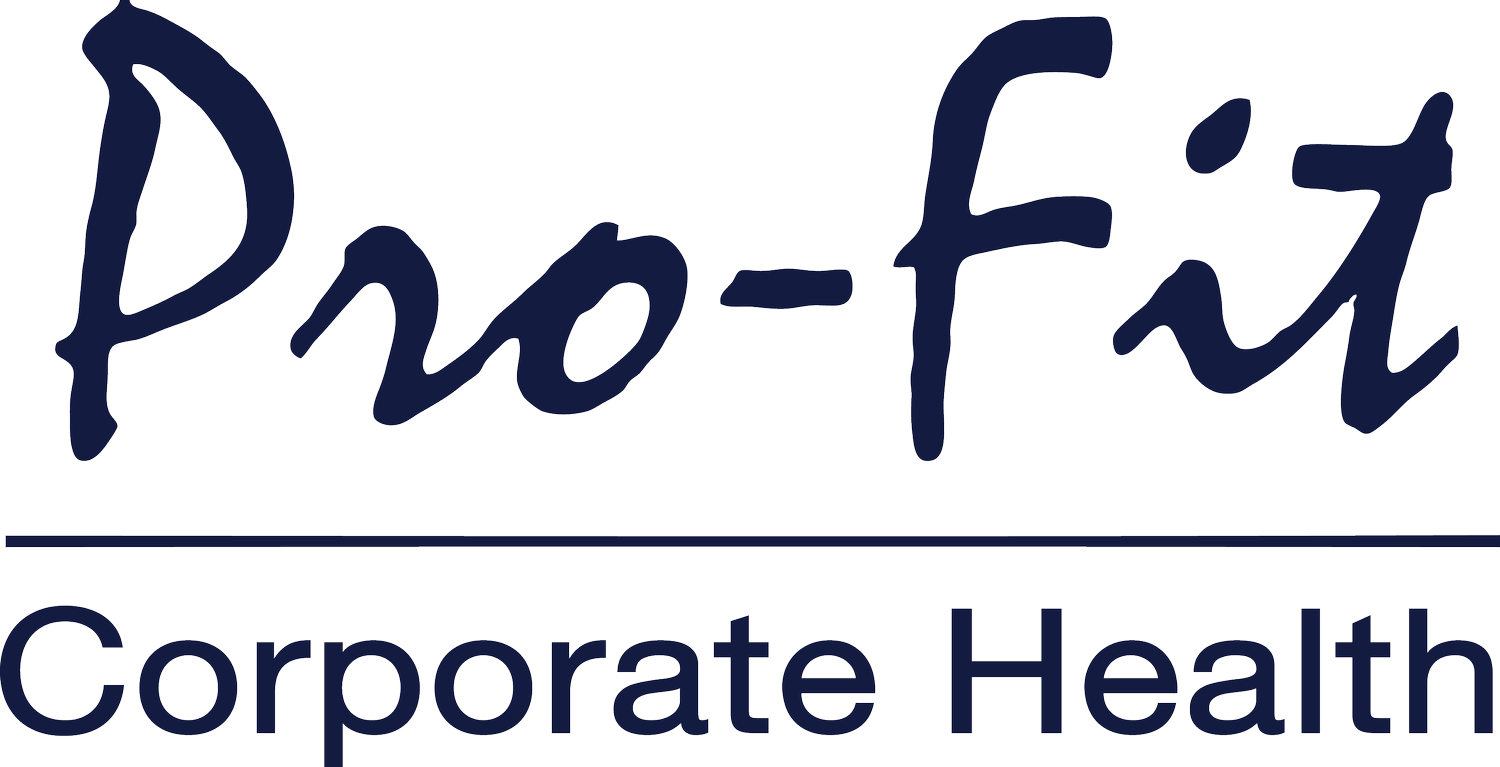10 actions for better blood pressure
High blood pressure, also known as hypertension, is a common health condition affecting millions of people worldwide. If left uncontrolled, it can lead to serious health complications such as heart disease, stroke, and kidney problems. However, the good news is that there are several lifestyle changes and strategies you can adopt to naturally improve your blood pressure. In this blog, we will explore ten effective strategies that can help you achieve a healthier blood pressure level.
Maintain a Healthy Weight:
Maintaining a healthy weight is crucial for managing blood pressure. Excess body weight puts additional strain on your heart, leading to increased blood pressure. Focus on consuming a balanced diet consisting of whole grains, lean proteins, fruits, and vegetables. Regular exercise, such as brisk walking or swimming, can aid in weight management and promote a healthier blood pressure.
2. Adopt a Heart-Healthy Diet:
Diet plays a significant role in managing blood pressure. Incorporate the Dietary Approaches to Stop Hypertension (DASH) diet, which emphasizes fruits, vegetables, whole grains, low-fat dairy products, and lean proteins while limiting saturated fats, cholesterol, and sodium intake. Additionally, reduce your consumption of processed and packaged foods, as they often contain high levels of sodium and unhealthy fats that can negatively impact blood pressure.
3. Reduce Sodium Intake:
Excessive sodium consumption is closely linked to high blood pressure. Aim to limit your daily sodium intake to less than 2,300 milligrams (approximately one teaspoon of salt). Read food labels carefully, and opt for fresh, whole foods rather than processed options. Season your meals with herbs, spices, and other flavorings instead of relying heavily on salt.
4. Increase Potassium-Rich Foods:
Potassium plays a vital role in balancing sodium levels and regulating blood pressure. Increase your intake of potassium-rich foods such as bananas, oranges, spinach, avocados, sweet potatoes, and yogurt. These foods can help counteract the effects of sodium and promote healthier blood pressure levels.
5. Engage in Regular Physical Activity:
Regular exercise is beneficial for both your overall health and blood pressure. Engaging in aerobic activities such as jogging, cycling, or dancing for at least 150 minutes per week can help lower blood pressure. Physical activity enhances heart health, strengthens blood vessels, and promotes weight loss, all of which contribute to maintaining healthy blood pressure levels.
6. Limit Alcohol Consumption:
While moderate alcohol consumption may have some health benefits, excessive intake can elevate blood pressure. Limit your alcohol consumption to moderate levels, which is defined as up to one drink per day for women and up to two drinks per day for men. Excessive alcohol intake not only raises blood pressure but also reduces the effectiveness of blood pressure medications.
7. Quit Smoking:
Smoking damages blood vessels and increases the risk of developing high blood pressure. If you're a smoker, quitting is one of the best steps you can take to improve your blood pressure and overall health. Seek support from healthcare professionals, friends, and family to help you on your journey to becoming smoke-free.
8. Manage Stress Levels:
Chronic stress contributes to elevated blood pressure levels. Incorporate stress management techniques such as deep breathing exercises, meditation, yoga, or engaging in hobbies you enjoy. Prioritize self-care and find healthy ways to cope with stress, as it can significantly impact your blood pressure and overall well-being.
9. Monitor Your Blood Pressure Regularly:
Regular blood pressure monitoring is essential for understanding your current levels and evaluating the effectiveness of lifestyle changes and treatments. Consider investing in a home blood pressure monitor, and work with your healthcare provider to establish target blood pressure goals and monitoring intervals.
10. Consult with Your Healthcare Provider:
Lastly, it's crucial to consult with your GP to ensure alignment between your new health goals and associated action plan, and any current medications or recommendations from your GP.
